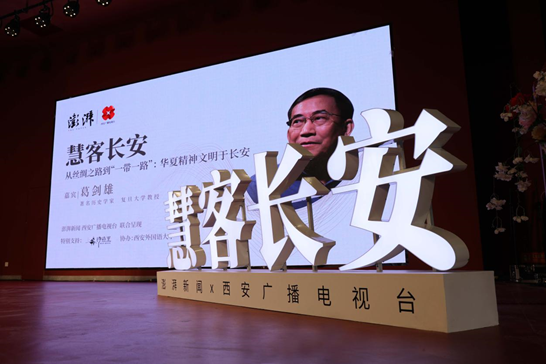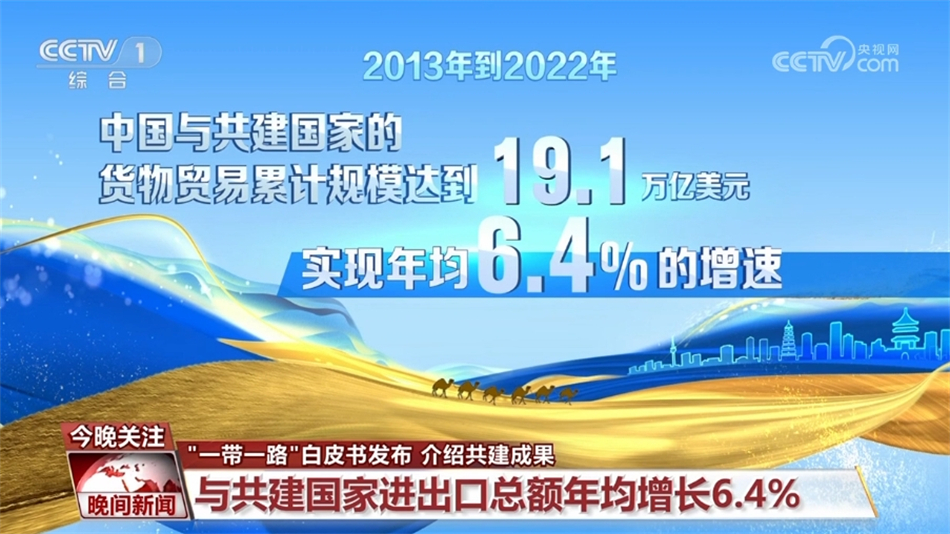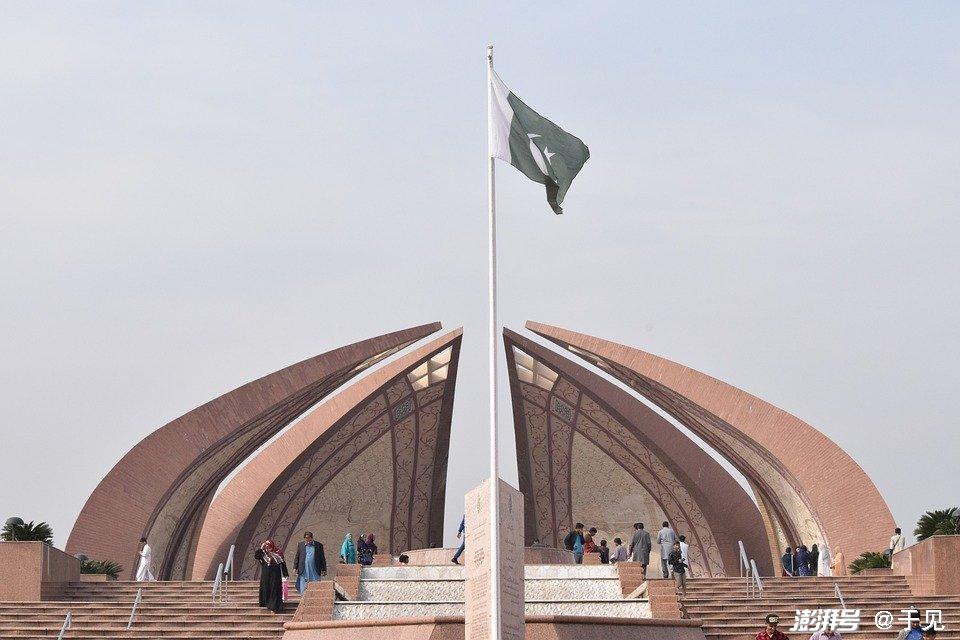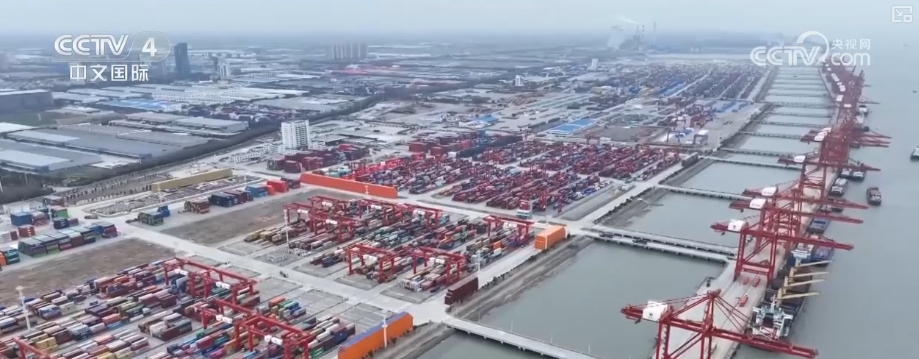Country Investment In Malaysia
Country Investment In Malaysia
The Malaysian government is also actively promoting innovation and development, investing in high-tech companies belonging to the multimedia super corridor and industry-related investments.
Recently, President Xi Jinping was invited to pay a state visit to Malaysia. China and Malaysia have reached important consensus to build a high-level strategic China-Malaysia community with a shared future, better assist the modernization process of the two countries, and jointly promote regional and world prosperity and stability.
Last year, Premier Li Qiang held talks with Prime Minister Anwar at the Prime Minister's Office of Malaysia. Anwar said that Malaysia is willing to take the opportunity of celebrating the 50th anniversary of the establishment of diplomatic relations between the two countries, and in the spirit of mutual respect, further strengthen exchanges at all levels, deepen cooperation in the fields of trade, investment, agriculture, digital economy, education, poverty reduction, and other fields, actively promote the construction of major projects, strengthen cultural exchanges, strengthen mutual learning among civilizations, and promote dialogue and cooperation between China and ASEAN.
Recent News
Malaysia's economy maintains steady growth
Malaysia's economy achieved a growth of 5.1% in 2024, and economic pillar industries such as manufacturing and service industries were developing steadily and positively.
Foreign direct investment is one of the main drivers of Malaysia's economic growth.
In the fourth quarter of 2024, Malaysia's foreign direct investment increased from RM14.52 billion (USD 1 is approximately RM4.4 billion) in the third quarter to RM18.38 billion, the highest level since the fourth quarter of 2023. To further encourage investment, the Malaysian government announced that it will launch a new investment incentive framework in the third quarter of 2025.
Manufacturing is one of the main driving forces for the development of Malaysia's national economy, and its main industrial sectors include electronics, petroleum, machinery, steel, chemicals and automobile manufacturing industries. In January this year, the seasonally adjusted S&P Global Malaysia Manufacturing Purchasing Managers Index (PMI) rose to 48.7 from 48.6 in December 2024, indicating that Malaysia's manufacturing industry continues to improve.
In recent years, Southeast Asia's digital economy has developed rapidly, and Malaysia, which has good infrastructure conditions, has become the first choice for many companies to invest in and build data centers. Data shows that Malaysia attracted more than 86 billion ringgit of data center investment in 2024, creating 48,000 jobs in Malaysia, a year-on-year increase of 109%. At present, Malaysia has built 77 data centers of various types across the country. Malaysia plans to coordinate and optimize the data center ecosystem. In order to strengthen industry supervision and development, the government has established a Data Center Working Group (DCTF) jointly chaired by the Minister of Investment and the Minister of Digital, which is responsible for formulating strategic plans, coordinating policy decisions, and focusing on talent demand and economic spillover effects. The Ministry of Investment, Trade and Industry (MITI) emphasized that the working group will coordinate and optimize the data center ecosystem to cope with industry complexity and global economic fluctuations. The relevant plans have been disclosed to the public through the Congressional Questioning Procedure.
As an important tourist country in ASEAN region, Malaysia received more than 25 million international tourists in 2024, an increase of 24.2% year-on-year. The contribution of the tourism, catering, hotel and other service industries to the economy has made steady progress. The Malaysian government has allocated 550 million ringgit in its 2025 budget to hold traditional art activities such as batik production and handicraft development to enhance its appeal to international tourists and welcome the 2026 Malaysia Tourism Year. The Malaysian National Tourism Administration plans to continue to explore segments such as ecotourism, adventure tourism and health tourism in the next few years to provide more tourists with a unique and sustainable travel experience.
China and Malaysia jointly expand cooperation in new quality productivity
In 2023, Malaysia's top five categories of export products are electronic and electrical products, petroleum and its products, chemicals and its products, palm oil and its products, and liquefied natural gas; the top five categories of imported products are electronic and electrical products, petroleum products, chemicals and chemical products, mechanical equipment and parts, and metal products.
At present, energy, machinery and electrical products are important commodities exported by Malaysia to China, while machinery, electronics, metals and clothing are the main commodities exported by China to Malaysia. Agricultural products are also a popular export category in Malaysia. In 2024, the bilateral trade volume between China and Malaysia reached US$212.04 billion, an increase of 11.4% year-on-year, setting a record high. China has become Malaysia's largest trading partner for 16 consecutive years and has been Malaysia's main source of investment for many years. Malaysia is China's second largest trading partner and largest source of imports in ASEAN.
In recent years, China and Malaysia have jointly expanded cooperation in new quality productivity, created cooperation growth points in the fields of digital economy, green development, artificial intelligence, new energy vehicles, etc., strengthened the integrated development of the industrial chain and supply chain, and worked together on the journey of modernization.
The Malaysian government accelerates the development of the electric vehicle industry and released the "2030 New Industry Blueprint" in September 2023. According to the plan, the proportion of electric vehicle sales in the country in 2030 will reach 15% of new car sales, and will increase to 38% by 2040. The Malaysian government has introduced a series of incentive policies. Malaysia plans to increase the number of electric vehicle charging stations nationwide to 4,000 by 2025 and to 10,000 by 2030. The country's Minister of Investment, Trade and Industry Zavr said that the ASEAN electric vehicle market is expected to reach US$2.7 billion by 2027, and Malaysia's electric vehicle industry will occupy an important position. As the rotating chairman of ASEAN in 2025, Malaysia plans to use electric vehicles as its official vehicle.
Driven by cooperation mechanisms such as the joint construction of the "Belt and Road" initiative and China-ASEAN Free Trade Zone, Chinese companies have helped the development of Malaysia's new energy vehicle industry by strengthening technical cooperation and investment. Chinese automakers such as Great Wall and BYD have entered the Malaysian market, launched new energy vehicles and increased local production and assembly to meet the green travel needs of local people. Enterprises from China and Malaysia continue to deepen cooperation to help improve the local electric vehicle industry supporting infrastructure.
Malaysia will introduce a special entry permit system for foreign investors. On March 6, Malaysian Home Minister Saifuddin said that a special entry permit will be issued electronically from April 1. At that time, foreign investors holding special entry permits can stay in Malaysia for 6 months and can apply for an extension of up to 6 months according to their needs. This is a convenient measure that Malaysia gives to foreign investors and business visitors.
Johor creates the "second Shenzhen"
New opportunities for Chinese-funded enterprises
On January 7, at the 11th informal summit of leaders of the two countries held in Kuala Lumpur, Malaysia, Malaysian Prime Minister Anwar and Singapore Prime Minister Wong Xuncai jointly witnessed the highly-watched exchange ceremony for the establishment of the "Johor-Singapore Special Economic Zone Agreement" (hereinafter referred to as the "Johor New Economic Zone Agreement".
The Johor New Economic Zone is located in the southern part of Johor, Malaysia, adjacent to Singapore, with a superior geographical location, with a total area of 3,505 square kilometers, covering the Iskanda Special Economic Zone and Bianjialan area of Johor, Malaysia. The Malaysian government and the Johor State government aim to learn from and learn from the successful model of Shenzhen, China, and are committed to building Johor into the "second Shenzhen". The New Economic Zone of Rome is adjacent to Singapore, providing new development opportunities for Chinese-funded enterprises in Singapore. Many Chinese-funded companies engaged in semiconductor materials, special chemicals, electrical and electronics industries have set up their businesses in Johor, Malaysia.
Malaysian statistics show that from 2006 to 2022, Chinese companies were the largest investors in the Iskandar Special Economic Zone in Johor, with an investment of approximately 60.4 billion ringgit (about 100 billion yuan). In May, the Malaysian economic and trade delegation visited Shenzhen to promote the construction of China-Malaysia International High-tech Ecological Industrial Park.
Investment Advantages
The Malaysian government welcomes and encourages foreign investors to invest in their manufacturing and related services. In recent years, it has been committed to improving the investment environment, improving investment laws, and strengthening investment incentives to attract foreign capital to relevant industries in Malaysia. Due to the complete investment legal system of Malaysia, the compliance with international standards, the relatively standardized operating procedures of various industries, and its unique geographical advantages, companies from all countries, including China, have attracted investment and operation in Malaysia.
The competitive advantage of Malaysia's investment environment is mainly reflected in five aspects:
It is located in the core area of Southeast Asia and can become a bridge to enter the ASEAN market and to the Middle East, Australia and New Zealand;
The economic foundation is solid and the economic growth prospects are good;
Rich raw material resources;
High human resources quality and low wage costs;
Ethnic relations are harmonious, the three major ethnic groups live in harmony, and the risk of political turmoil is low.
The Malaysian government is also actively promoting innovative development, providing tax cuts and capital expenditure offset taxable income to high-tech companies belonging to the multimedia super corridor, multimedia super corridor companies investing in Industry 4.0 model technology and digital transformation (artificial intelligence, blockchain, financial technology, etc.), and companies and small and medium-sized enterprises in the economic development corridor to encourage development. The "2023 Global Innovation Index" released by the World Intellectual Property Organization shows that among 132 countries and regions, the Malaysian comprehensive index ranks 36th.
Foreign investment preferential policies
Malaysia's investment policy is based on the legal basis of the "Promotion Investment Act of 1986", "Income Tax Act of 1967", "Tariff Act of 1967", "Sales Tax Act of 1972", "Internal Tax Act of 1976", and the Free Zone Act of 1990. These laws cover the approval procedures and various encouragement and promotion measures for investment activities in the manufacturing, agriculture, tourism and other fields.
Encouraging policies and preferential measures mainly appear in the form of tax reductions and exemptions, and are divided into direct tax incentives and indirect tax incentives. Direct tax incentives refer to partial or complete exemption of income taxes within a certain period of time; indirect tax incentives appear in the form of exemption from import tax, sales tax or domestic tax:
Emerging Industrial Status (,PS)
Enterprises that have obtained the title of emerging industrial status can enjoy a partial exemption of income tax for a period of 5 years, and only need to be levied on 30% of their statutory income. The tax-free period starts from when the production capacity reaches 30%. The unabsorbed capital exemption and the accumulated losses during the period in which they are in the emerging industry can be carried forward and deducted from the company's income after the end of the emerging industry period.
Investment tax subsidy (ce, ITA)
Enterprises that receive investment tax subsidies can enjoy investment tax subsidies of 60% of the qualifying capital expenditure for 5 years. The subsidy can be used to offset 70% of its statutory income in the tax year, and the remaining 30% are paid as required. Unused subsidies can be transferred to the next year for use until they are used up. The qualification to enjoy emerging industrial status or investment tax subsidies is based on some advantages that the enterprise has, including high product added value, advanced technical level and industrial correlation. Investments that meet these criteria are called "promotion actions" () or "promotion products" (). The Malaysian government has specially formulated a "Promotion Action and Product List" on the manufacturing industry. In addition to manufacturing, both incentive policies can be applied to other industries, such as agriculture, tourism and manufacturing-related service industries.
Reinvestment subsidy (e, RA)
Reinvestment subsidies are mainly applicable to manufacturing and agriculture. Manufacturing enterprises that have been operating for more than 12 months can apply for reinvestment subsidies for the expense of modernizing production equipment or diversifying product upgrades due to the need to expand production capacity. The subsidy of 60% of qualified capital expenditures can be used to offset 70% of its statutory income in the tax year, and the remaining 30% are taxed as required.
Accelerate capital subsidies (ACA)
After using the reinvestment subsidy for 15 years, enterprises that reinvest in the "promotion product" can apply for accelerated capital subsidy for a period of 3 years, enjoying an initial subsidy of 40% of qualified capital expenditure in the first year, and 20% in the next two years. In addition to manufacturing, accelerated capital subsidies are also applicable to applications in other industries, such as agriculture, environmental management and information and communication technology.
Agricultural subsidies (e, AA)
In addition to the agricultural "Promotion Actions and Product List", agricultural enterprises and cooperatives/soces in Malaysia can also apply for preferential treatment for emerging industrial status or investment tax subsidies. The Income Tax Law of 1967 stipulates that investors can apply for capital subsidies and construction subsidies for land reclamation, crop planting, agricultural road development and agricultural construction projects. Considering the natural time interval between the start of the agricultural investment plan and the processing of agricultural products, the capital expenditure of large-scale comprehensive agricultural investment projects during agricultural product processing or manufacturing can also be enjoyed separately for a 5-year investment tax subsidy.
Multimedia Super Corridor Status ()
The Malaysian government launched the ICT program in 1996, namely the Multimedia Super Corridor (MSC), with the goal of becoming a global center for information and communications industry. Information and communication companies approved by the multimedia development agency () can enjoy full income tax exemption or full subsidy for qualified capital expenditures (the first round is valid for 5 years), and are not restricted in the proportion of foreign equity and the employment of foreign technical employees.
Operation headquarters status, international procurement center status and regional distribution center status (,,)
In order to further strengthen Malaysia's international regional status, the approved operating headquarters, regional distribution centers and international procurement centers can also enjoy other benefits such as exemption of full income tax for 10 years, in addition to the unrestricted foreign equity.





